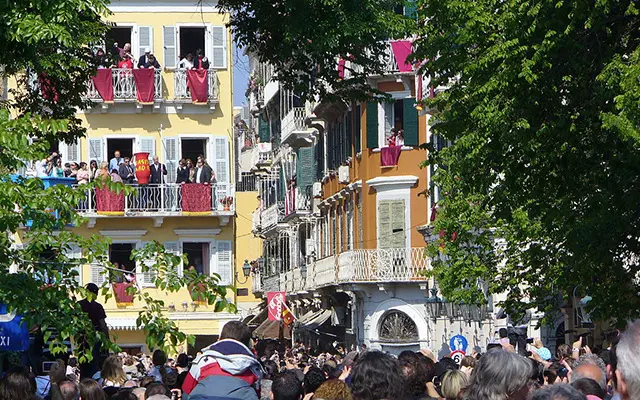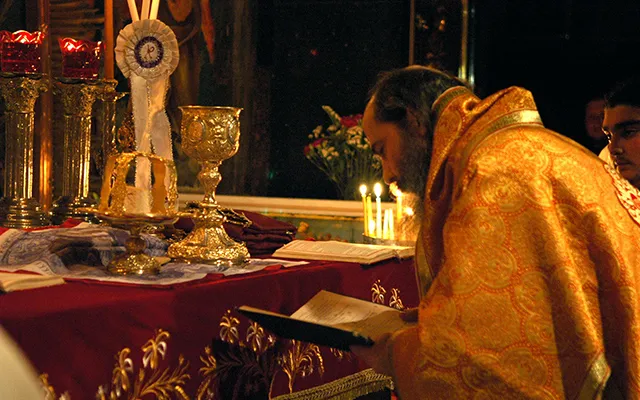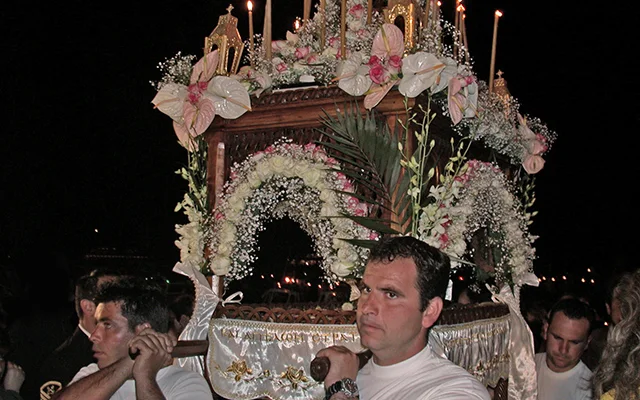The Greek Orthodox Easter & its' cultural importance
Learn about the origins, the role and the importance of Easter celebration in the Greek Orthodox Church and culture.
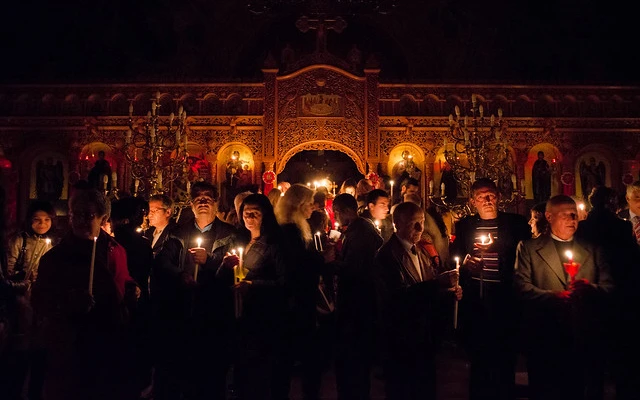
What is the Greek Orthodox Easter?
Other Names
- Pascha
- Lampri
- Paschalia
The Greek Orthodox Easter, or Pascha (Greek: Πάσχα), is a feast that commemorates the resurrection of Jesus Christ from death. This is the crowning incident of a progressive series of events described as the Passion of Jesus. According to the New Testament’s description, the resurrection occurs three days after his burial following his crucifixion in Judea.
In Eastern Christianity, Pascha is related to a period of the year that is more extended than its’ actual celebration. The spiritual preparation starts with a fasting period that lasts for 40 days. That is followed by the Holy Week, the Passions of Jesus and the Pascha Sunday. The Pascha season ends officially at the Pentecost Sunday that occurs 50 days after the Pascha Sunday. This period is a long journey for each believer and is characterized by fasting, prayer, repentance, forgiveness as well as reconciliation and almsgiving. While the main implication of the feast points out the ultimate love of God illustrated at the sacrifice of his Son in order to save people from the infinite darkness of sin.
The Greek Easter is a movable celebration which normally falls one to three weeks later (and rarely at the same date) than the Easter feast observed by Western Christianity. This because the Eastern Orthodox Church follows the older Julian calendar for calculating dates of festivals with no fixed dates. Pascha is a public holiday and probably the most prominent religious celebration for Greeks that is observed on an annual basis.

Why is Easter so important for Greeks?
The Easter celebration has a prominent place in the liturgical year of Eastern Christianity. Some scholars argue that its observance in the Orthodox Church is considered even more important than Christmas. The main reason for that lies in the fundamental implication included in the feast. God sent his Son to Earth to save people from sin and show them the way to Heaven's Kingdom. In other words, it is Christ’s Passion, death, and Resurrection that fulfills God’s planning and message to humanity.
The vast majority of the Greek population (90%) follows the Christian Orthodox dogma, and historically religion played an important role in the construction of the Greek ethnic identity. Thus, religious feasts like Greek Easter are integral parts of the Greek societal and cultural framework.
Greeks and Orthodox religion
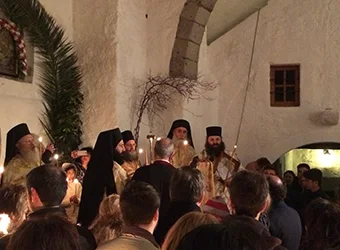
The great expansion of the Greek civilization made the Greek language as one of the main communication tools during the era of Jesus and the Apostles. It is not a coincidence that initially the Gospels have been written in Greek.
The New Roman Empire (Byzantium) that was the core of the synchronous Greek cultural and religious identity had the Orthodox dogma at the main spectrum of its principals. Later, during the Ottoman occupation, the Orthodox Church proved to be the vital nucleus in language and culture preservation for Greeks.
Easter and other Orthodox Christian celebrations were for centuries the epicenter of the Greek culture and identity expression.
Spiritual dimension
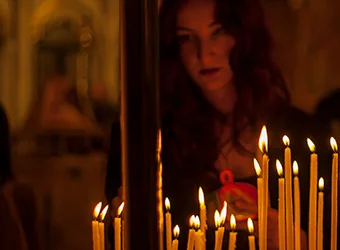
The contemporary Easter celebration in Greece has its roots in the Byzantine ritual pattern. This offers a unique spiritual notion to the feast.
The glorious chants, the immersing hymns, and the long divine liturgies characterize the observance which has the church as a core.
The faithful participate actively in engaging litanies (Epitaph) which are taking place in the evening dusk and holding lit candles are becoming deeply involved in a ritualistic context with great spiritual significance.
Cultural significance
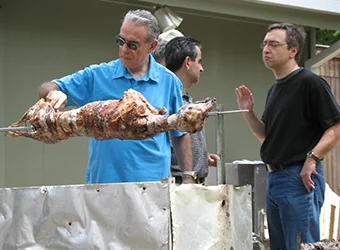
The Greek Easter celebration includes numerous customs followed by the Greeks on different occasions during the feast. The great level of engagement among those who observe Pascha in Greece and diaspora reveals the vivid status and the significant role of the holiday in Greek culture.
The series of customs illustrate the population's perceptions around religion, God, community, and the general role of the feast itself. They are related to fasting manners, festive food preparations, feasting habits, as well as they include superstition perceptions with long historical roots.
Being a guest of a Greek family (especially in rural areas) during the Greek Easter is a great opportunity to get a glimpse of the broad spectrum of the traditional folklore in religious observance.
